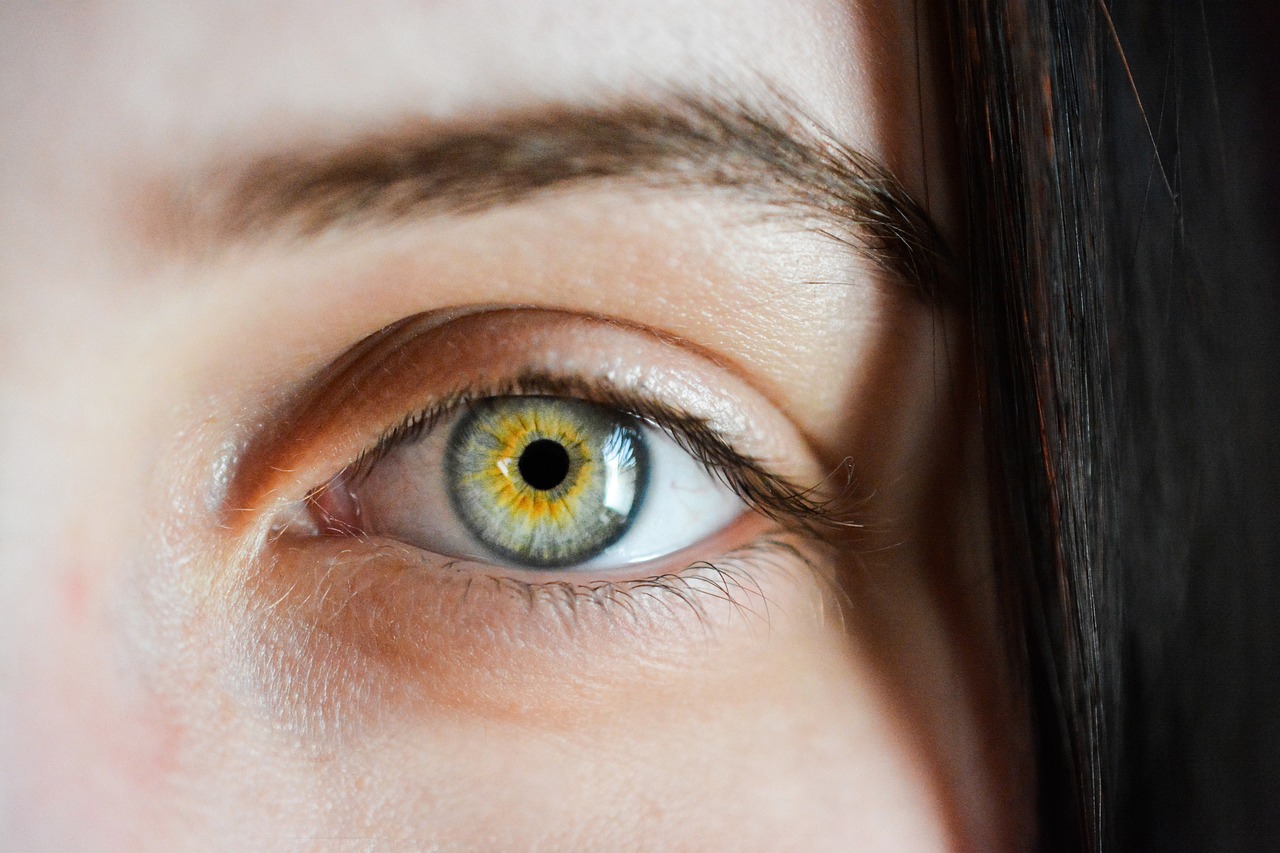
The Most Common Eye Injuries after a Wreck
If you think about the injuries you might sustain after being involved in a car wreck, you probably don’t consider the eyes. However, eye injuries are some of the most common – even when other major injuries aren’t present, the eyes can suffer.
The Car Crash Captain takes a look (pun intended) at what can happen to the eyes and how serious the issues can be following a serious car accident.
Types of Eye Injuries from a Wreck
Thinking about the eyes, we must consider the entire area. Eye injuries aren’t just the eyeball itself, but the entire area, including the skin and bone surrounding the eyeball.
Bleeding in the Eye – The eyeball is actually hollow and filled with fluid. When damage occurs inside the eye, it can fill with blood and impair vision. Hyphema, when blood enters the anterior chamber (outside), can be visible as the whites of the eye turn red. Vitreous hemorrhage, however, is bleeding in the space between the retina and the lens and can cause blurred vision, flashes of light, or floaters.
Retinal Detachment – The retina is at the back of the eye and captures the light coming in. It’s responsible for converting light into images the brain can interpret. Detachment causes flashes of light, floaters, blurred vision, shadows, and more. A severe blow, such as striking the headrest, can cause detachment.
Black Eye – A black eye is an injury to the skin and tissue around the eyeball. It’s a bruise in that general area. Airbags or debris flying throughout the vehicle can cause them, and while they’re not dangerous by themselves, they could indicate more serious issues in the eye or brain.
Orbital Fracture – The eye sockets are surrounded by the orbital bones. Due to their density and shape, they’re quite strong, and a break means you’ve hit your head hard on something during the wreck. The fractures are difficult to repair, and often come with underlying eye and brain injuries as well.
Chemical Burns – The eyes are sensitive, and any leaking fluids inside the vehicle can cause burns to them. Some chemicals can quickly do permanent damage that may lead to blindness.
Lacerations – Debris, including broken glass, can cut the human body. Due to the delicate nature of the eyeball, this debris can easily lacerate the eye. Eyelids help to protect the sensitive eyeball underneath, but they’re not overly strong and sharp objects can penetrate the eyelids.
Nerve Damage – Behind the eye are a set of optic nerves run the signals from the retina to the brain. An injury inside the head, near the brain, can put pressure and strain on the optic nerves. If they’re damaged, the eye might be working properly, but the brain is unable to receive the signal.
Why You Need Herbert Law Group When Injured
Eye injuries are serious business. Often the damage doesn’t get detected right away, since the injury can be on the inside and not visible to someone inspecting the body. If you’ve settled with the insurance company immediately following your wreck, you might not be fully taken care of for these injuries that arise later.
You need Herbert Law Group on your side. We know how to deal with the insurance companies, we understand what situations could arise later in life, and we know that your compensation now needs to last until all complications are fully resolved.
Let’s talk about what happened, and come up with a plan of how we can help. Call our offices at 214-414-2808, or fill out the contact form on our site, and we’ll be in touch with you for a free conversation.